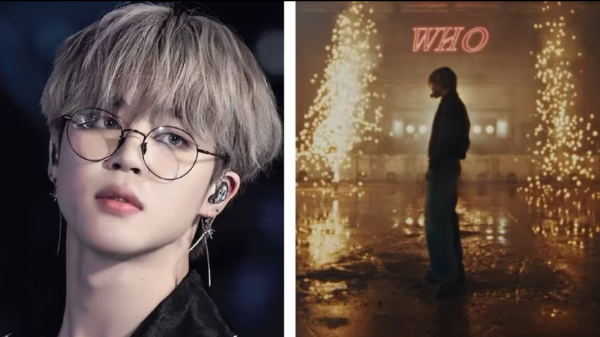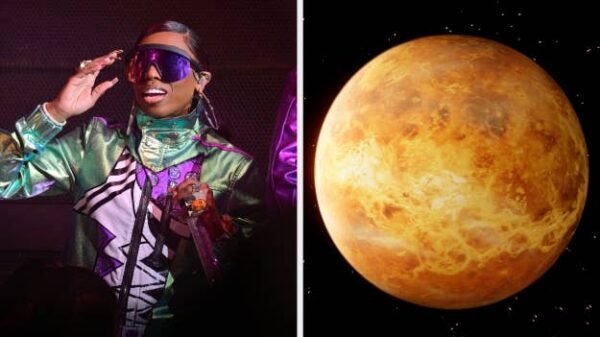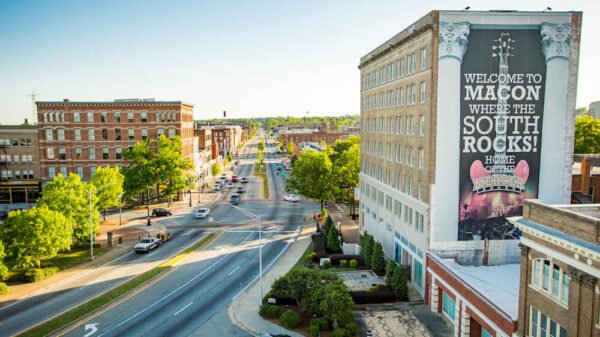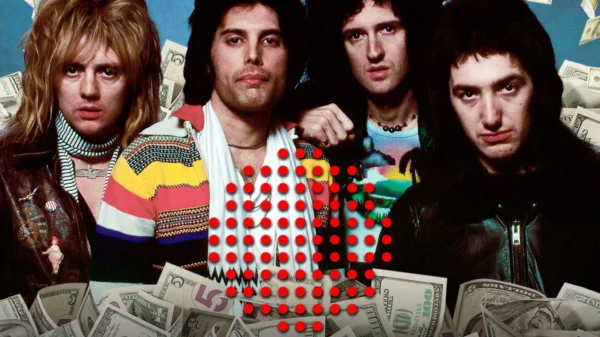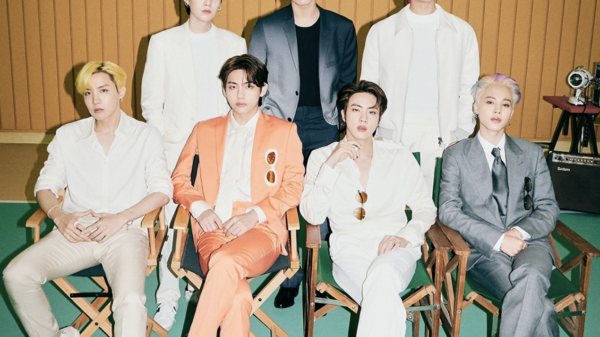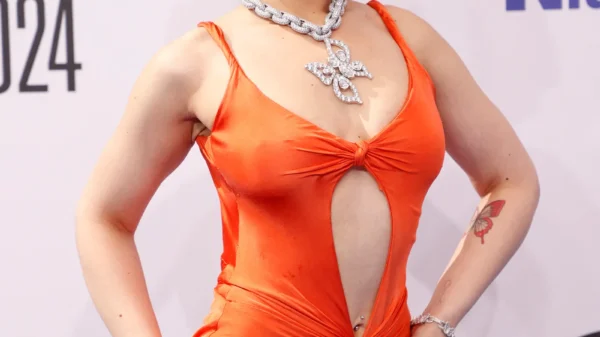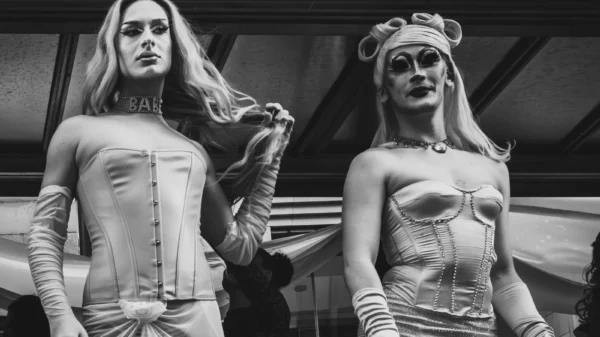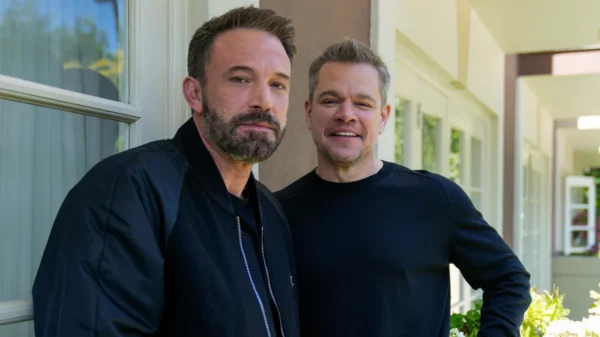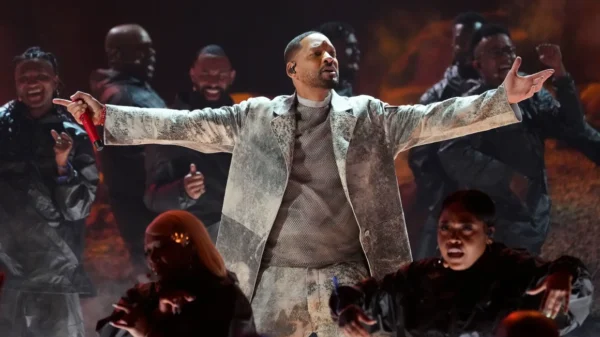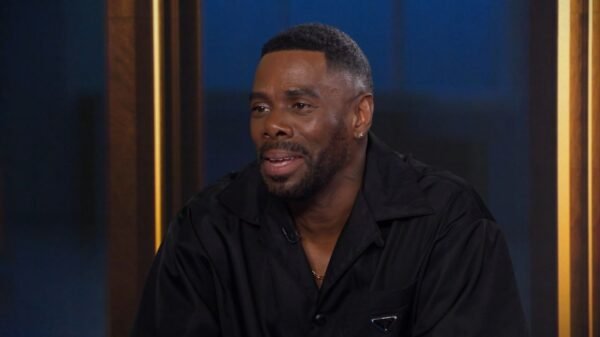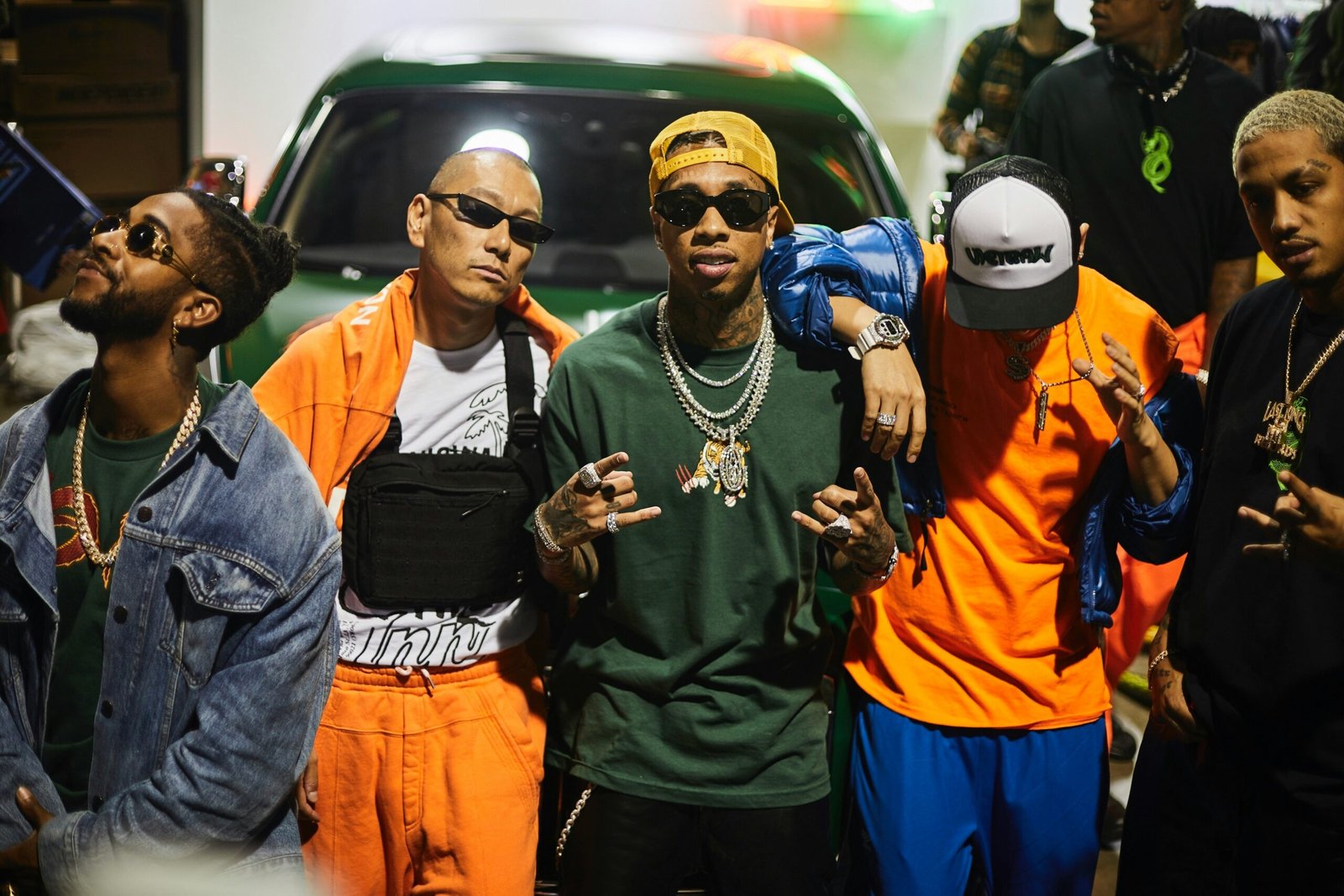Hip-hop has come a long way since its humble beginnings in the streets of the Bronx in the 1970s. What started as a cultural movement has now become a global phenomenon, influencing not only music but also fashion, art, and popular culture. Over the years, hip-hop has evolved and diversified, giving rise to new trends and innovations that continue to shape the genre today.
The Birth of Hip-Hop
In the early days, hip-hop was characterized by its raw and energetic sound, with DJs using turntables to mix beats and MCs (Master of Ceremonies) delivering rhymes over the music. It was a form of expression for the marginalized communities, giving a voice to those who were often unheard.
As hip-hop gained popularity, it started to incorporate elements from other genres such as funk, soul, and R&B. This fusion created a unique sound that appealed to a wider audience, leading to the genre’s mainstream success.
Mainstream Success and Commercialization
In the 1980s and 1990s, hip-hop experienced a surge in popularity, with artists like Run-D.M.C., Public Enemy, and N.W.A. pushing the boundaries of the genre. Their lyrics addressed social issues, giving a voice to the African American community and shedding light on the realities of inner-city life.
During this time, hip-hop also became more commercialized, with record labels recognizing its potential for profit. This led to the rise of gangsta rap, characterized by its explicit lyrics and controversial themes. Artists like Tupac Shakur and The Notorious B.I.G. became household names, but the genre also faced criticism for its glorification of violence and misogyny.
The Rise of Subgenres
In the late 1990s and early 2000s, hip-hop began to diversify even further, giving rise to various subgenres. Artists like Jay-Z, Kanye West, and Eminem brought a new level of lyricism and storytelling to the genre, while others explored different musical styles such as alternative hip-hop and conscious rap.
At the same time, the South emerged as a major player in hip-hop, with artists like OutKast, Lil Wayne, and T.I. bringing their unique Southern sound to the forefront. This regional diversity helped to expand the reach of hip-hop and attract new audiences.
Current Trends and Innovations
Today, hip-hop continues to evolve and adapt to the changing musical landscape. One of the biggest trends in recent years has been the blending of hip-hop with other genres such as pop, rock, and electronic music. Artists like Drake, Travis Scott, and Post Malone have achieved mainstream success by incorporating elements from different genres into their music.
Another trend is the rise of trap music, characterized by its heavy use of 808 drums, catchy melodies, and aggressive lyrics. Artists like Migos, Future, and Lil Uzi Vert have dominated the charts with their trap-infused sound, influencing a new generation of hip-hop artists.
Furthermore, the internet and social media have played a significant role in shaping the future direction of hip-hop. Platforms like SoundCloud and YouTube have allowed independent artists to gain exposure and build a fanbase without the need for traditional record labels. This has led to a democratization of the genre, with a greater emphasis on individuality and authenticity.
The Future of Hip-Hop
As hip-hop continues to evolve, it is difficult to predict its future direction. However, one thing is certain – the genre will continue to push boundaries and challenge the status quo. Artists will continue to experiment with new sounds and styles, incorporating influences from various genres and cultures.
Furthermore, hip-hop will continue to be a platform for social and political commentary, giving a voice to those who are marginalized and oppressed. The genre has always been a reflection of society, and as long as there are social issues to address, hip-hop will be there to provide a voice.
In conclusion, the evolution of hip-hop has been a fascinating journey, from its humble beginnings in the Bronx to its current status as America’s favorite genre. The genre’s ability to adapt and innovate has been key to its longevity and continued relevance. As we look to the future, it is exciting to imagine the new trends and innovations that will shape the next chapter of hip-hop.


